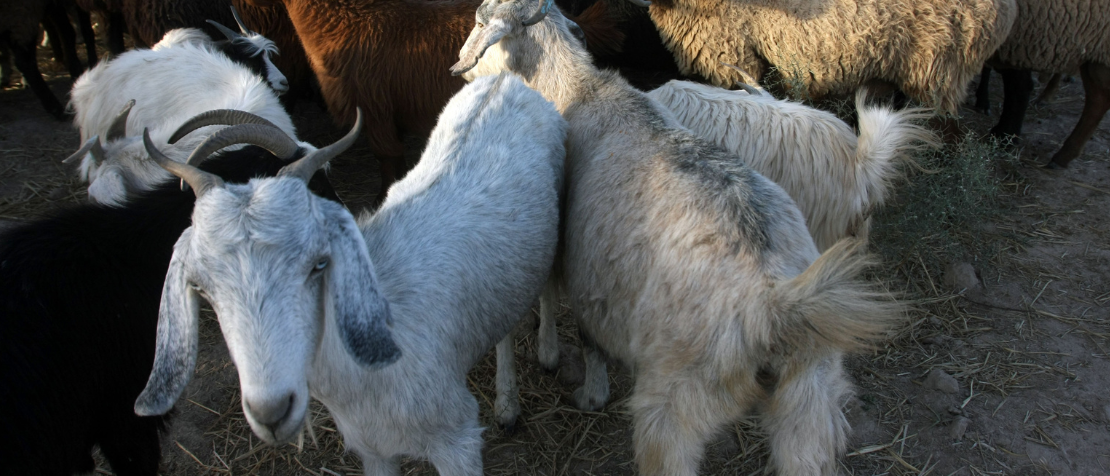FAO: Cross-border collaboration is key to eradicate peste des petits ruminants by 2030
FAO regional workshop underway in Kazakhstan

©FAO/Vasily Maksimov
Small ruminants, such as sheep and goat, are widespread in Central Asia and many European countries, raised for both milk and meat. In Central Asia countries, the growing population and economic progress are driving the demand for livestock products even higher.
Peste des petits ruminants (PPR), also known as sheep and goat plague, is a highly contagious animal disease affecting small ruminants. Once introduced, the virus can infect up to 90 percent of an animal heard, with a high mortality rate. The PPR virus does not infect humans.
A three-day workshop aimed at strengthening regional cooperation for the surveillance and control of PPR is underway in Almaty, Kazakhstan, with support from the Food and Agriculture Organization of the United Nations (FAO). Field veterinarians and epidemiologists from Armenia, Bulgaria, Georgia, Kazakhstan, Kyrgyzstan, Romania, Tajikistan, Türkiye, and Uzbekistan are participating in sessions on outbreak investigation, cross-border risk assessment, and emergency response planning.
"Transboundary animal diseases like the peste des petits ruminants require coordinated regional approaches for effective control and eventual eradication," said Javier Guitian, PPR Specialist on Episystems at FAO. "This workshop is a critical step in implementing the PPR Global Eradication Programme's blueprint by fostering collaboration across borders and building capacity for early detection and rapid response."
The episystem approach considers the complex interplay of epidemiological, biological, environmental, and socioeconomic factors that drive disease transmission across borders. Participants will learn how to apply the episystem approach to PPR surveillance and control and will develop skills to accurately identify clinical manifestations of the peste des petits ruminants, implement syndromic surveillance, and establish coordinated cross-border strategies.
Understanding the nature of PPR episystems nationally and internationally will inform targeted eradication interventions at the core populations responsible for maintaining virus transmission.
Toward global PPR eradication
Peste des petits ruminants remains a significant threat to small ruminant populations in the region, with frequent cross-border movement of animals presenting unique challenges to disease control efforts. The workshop directly supports the PPR Global Control and Eradication Strategy, which aims to eradicate the disease globally by 2030.
